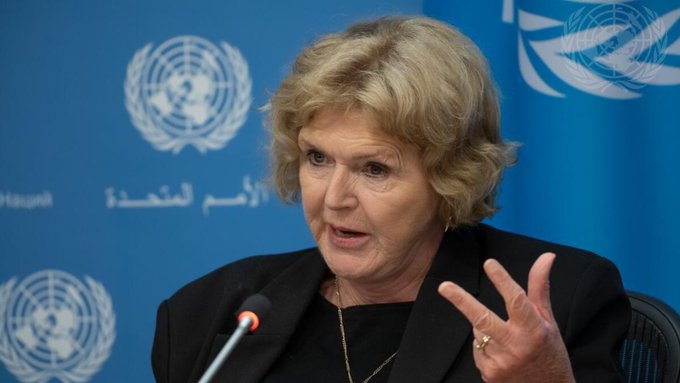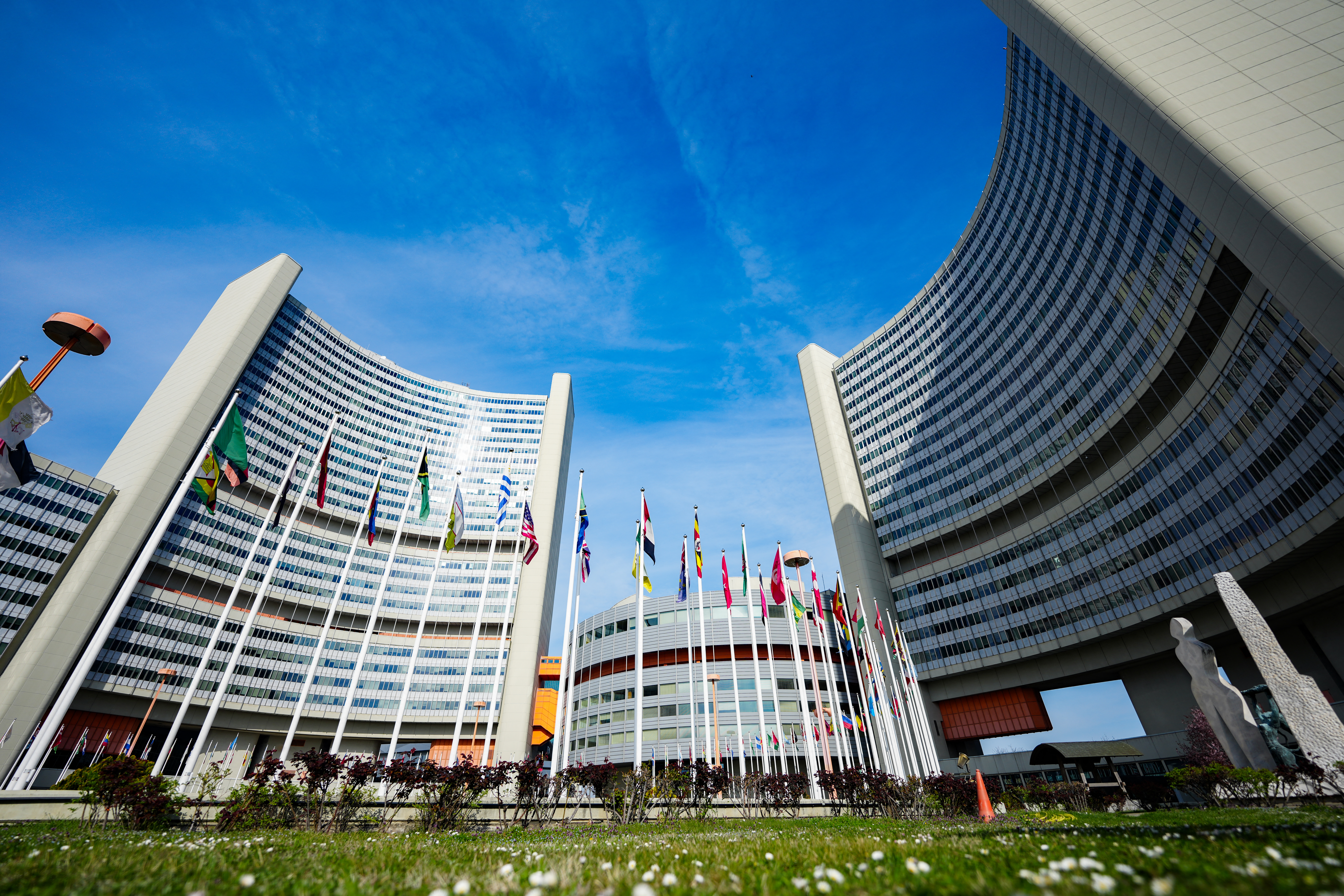Economic and social rights
World Bank strategy for investments in Brazil minimizes social impact of structural reforms

The World Bank’s support for Brazil’s fiscal adjustment policies and structural reforms, such as the pension reform, minimizes their impact on social programs and on the most vulnerable populations. This is the conclusion of a report produced by six civil society organizations, among them Conectas, on the strategy developed by the bank for investments in the country for the next six years.
According to the “Country Partnership Framework for Brazil”, a document whose draft has been released to receive contributions from civil society, the support of the World Bank for the implementation of the Constitutional Amendment that freezes public spending for 20 years (Amendment 95/16) ignores alternatives for raising revenues – in particular making changes to the tax system, combating tax evasion and ending tax exemptions on the payment of profits and dividends.
The organizations claim the document also ignores the risk of rising income inequality as a result of the lack of safeguards and the absence of a human rights approach to the preparation and implementation of economic policies.
Read the draft of the document Country Partnership Framework for Brazil
Click here to read the criticisms of civil society to the draft document
See the analysis document on the Constitutional Amendment on public spending
“The World Bank makes the correct assessment that the crisis is due, in large part, to the end of the commodities cycle and to excessive tax exemptions and corporate subsidies, but it does not take into account alternatives that do not penalize the poorest in society or that cause gender discrimination,” said Caio Borges, coordinator of the Business and Human Rights program at Conectas.
In December, the United Nations Special Rapporteur on Extreme Poverty and Human Rights, Philip Alston, described the amendment that freezes public spending as “a radical measure, lacking in all nuance and compassion”. As far as Alston is concerned, the amendment violates Brazil’s obligations under the International Covenant on Economic, Social and Cultural Rights, which it ratified in 1992.
“As a specialized agency of the UN, the World Bank ought to be in harmony with the work of others international bodies and recognize the jurisdiction of the international human rights system,” said Borges.
The Country Partnership Framework for Brazil is a document that determines the engagement of the World Bank in the country, outlining the priority areas and objectives for its work. The bank already has an investment of US$3 billion scheduled until 2018 in areas such as energy, transport and agriculture, as well as in fiscal restructuring policies and policies to improve the business environment and education. The final version of the document is expected to be published in June.
The technical report criticizing the document released by the World Bank was produced by Inesc, Conectas Human Rights, International Rivers, Ibase, Iema and Ecoa.
Public-Private Partnerships
As a result of the economic crisis in Brazil, the World Bank mentioned the need to strengthen Public-Private Partnerships (PPPs) as an alternative for constructing infrastructure and offering basic services against a backdrop of scarce public investments. However, the document ignores various flaws in the Brazilian model, given the potential for these partnerships to be a source of environmental and human rights violations.
According to Borges, the history of public-private partnerships in various countries offers numerous examples of poor transparency, lack of social participation, increased costs and tariffs, and disrespect for environmental licensing.
“The World Bank could play a key role in promoting social and environmental safeguards, greater transparency and combating corruption in this type of partnership between government and companies. However, the institution prefers to follow the privatization handbook in an uncritical manner, ignoring countless flaws widely identified by civil society,” said Borges.
In September last year, more than 60 civil society organizations signed a public statement criticizing the setbacks of Provisional Executive Order 727/2016, which created the PPI (Investment Partnerships Program).


